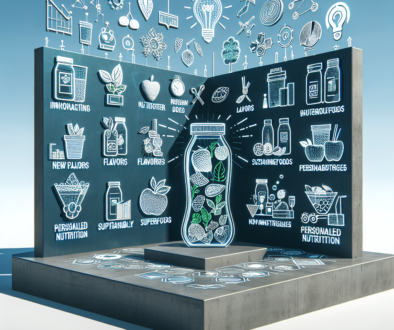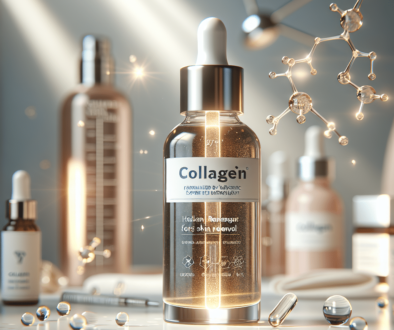Optimization Of In Vitro Isolation Conditions Of Human Umbilical Cord Wharton’S Jelly Mesenchymal Stem Cells And Flow Cytometric Detection Of Passage Effect
Keywords
Umbilical Cord, Mesenchymal Stem Cells, Collagenases, Passage Effect, Wharton’S Glue
Abstract
: Objective To observe the effects of different collagenase digestion methods on the isolation and culture results of human umbilical cord Wharton’s jelly mesenchymal stem cells (mesenchymalstem cells, msc), and to identify their differentiation potential; to explore the impact of passage effects on their immune phenotype. Methods: Add type I, type II and type IV collagenase to the prepared umbilical cord specimens, continue digestion for 4 to 18 hours, filter through a sieve, collect cells by centrifugation, resuspend the cells in DMEM/F12 culture medium, and adjust the cell density to 4.8¡Á103 ~1¡Á104/cm2, inoculate and culture, and compare the effects of different digestion methods on isolating Wharton¡¯s Jelly MSC from human umbilical cord. Vonkossa calcium nodule staining and tetracycline fluorescent labeling were used to identify the ability of human umbilical cord Wharton’s Jelly MSCs to differentiate into osteoblasts, and rt-PCR was used to identify their ability to differentiate into cardiomyocytes. Flow cytometry was used to detect the immunophenotypic changes of MSCs after serial passage. Results: Type I collagenase digestion method can obtain a larger number and higher vitality of MSCs from human umbilical cord Wharton’s Jelly, and the time for cells to stretch and the primary culture time are shorter than those of type II collagenase and type IV collagenase digestion. Law. Surface marker analysis showed that as the number of passages increased, the expression percentages of positive markers CD29, CD44, CD73, CD90, and CD105 did not change, while the expression rates of negative markers CD31, CD34, and HLA-DR increased significantly. In vitro induction experiments showed that MSCs derived from human umbilical cord Wharton’s jelly have the ability to differentiate into osteogenic and cardiomyoblast-like cells in vitro. Conclusion Type I collagenase digestion method is simple and easy to perform, causes little damage to cells, and can isolate MSCs from Wharton’s jelly of human umbilical cord stably and efficiently.
For further information of this article and research, feel free to contact our team for asssitance.
Original research was done by Hong Jingxin, Li Qian, Han Junling
About ETChem
ETChem, a reputable Chinese Collagen factory manufacturer and supplier, is renowned for producing, stocking, exporting, and delivering the highest quality collagens. They include marine collagen, fish collagen, bovine collagen, chicken collagen, type I collagen, type II collagen and type III collagen etc. Their offerings, characterized by a neutral taste, and instant solubility attributes, cater to a diverse range of industries. They serve nutraceutical, pharmaceutical, cosmeceutical, veterinary, as well as food and beverage finished product distributors, traders, and manufacturers across Europe, USA, Canada, Australia, Thailand, Japan, Korea, Brazil, and Chile, among others.
ETChem specialization includes exporting and delivering tailor-made collagen powder and finished collagen nutritional supplements. Their extensive product range covers sectors like Food and Beverage, Sports Nutrition, Weight Management, Dietary Supplements, Health and Wellness Products, ensuring comprehensive solutions to meet all your protein needs.
As a trusted company by leading global food and beverage brands and Fortune 500 companies, ETChem reinforces China’s reputation in the global arena. For more information or to sample their products, please contact them and email karen(at)et-chem.com today.



